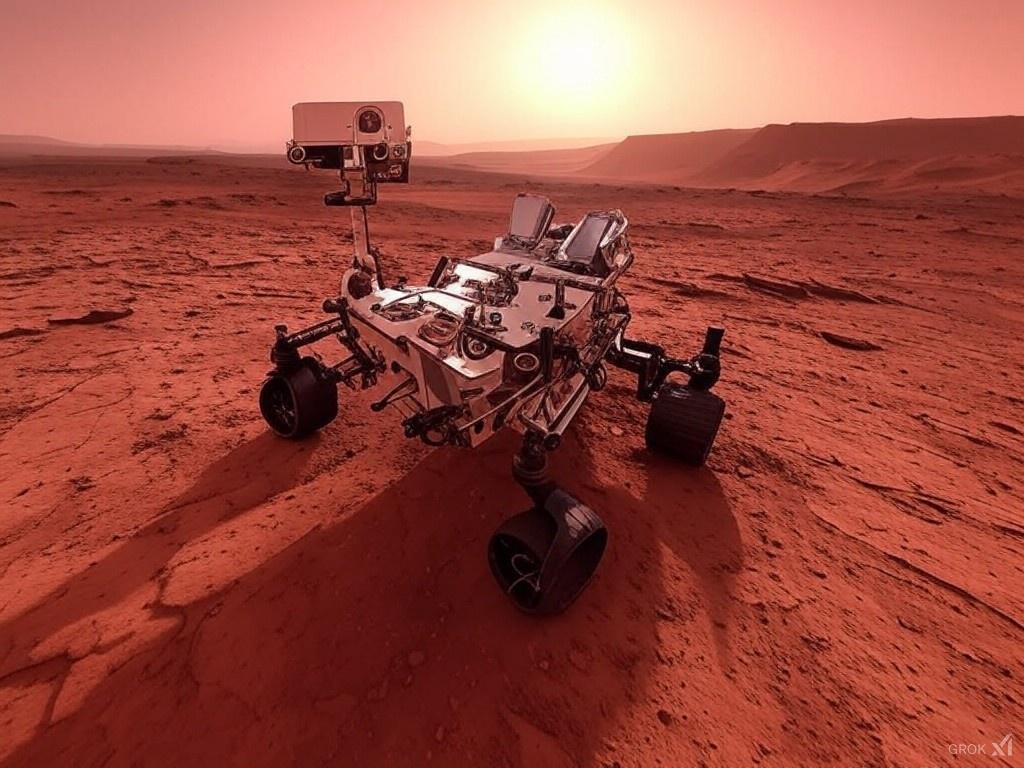NASA Set to Unveil Updates on Mars Sample Return Mission

Washington, D.C. - January 5, 2025 - NASA is poised to reveal significant updates to its ambitious Mars Sample Return (MSR) program in a much-anticipated media teleconference scheduled for January 7 at 1 p.m. ET. This announcement comes as the space agency grapples with the complexities and high costs associated with bringing samples from Mars back to Earth for detailed scientific analysis.
The MSR mission, which has been a cornerstone of international planetary exploration for over two decades, has faced scrutiny due to its ballooning budget and extended timeline. Originally, the project was pegged with a cost estimate of around $3 billion, but recent evaluations have suggested that the costs could escalate to as much as $11 billion, with a potential return of samples not expected until 2040 under the current plan.
This upcoming announcement is seen as a pivotal moment for the program, with NASA Administrator Bill Nelson and Associate Administrator Nicky Fox slated to discuss potential new strategies. The focus is likely to be on innovative approaches to lower costs, reduce risks, and expedite the timeline.
NASA's engagement with the public and industry has been proactive, with recent calls for architecture proposals from industry leaders to bring samples to Earth in the 2030s at a reduced cost. This move indicates a strategic shift towards leveraging existing technology and fostering innovation to overcome the challenges that have plagued the project.
The Mars Sample Return mission aims to use robotic systems to collect rocks and soil samples being gathered by NASA's Perseverance rover, which has been actively exploring the Jezero Crater on Mars since its landing in 2021. These samples are expected to provide invaluable insights into the Red Planet's geological history, past climate conditions, and the potential for past microbial life.
The teleconference will not only update the public and stakeholders on the current status but also outline a revised roadmap that could involve new partnerships and technologies. The involvement of private companies like SpaceX, Blue Origin, and others has been speculated upon, as posts on X suggest, with these entities potentially playing roles in the mission's new architecture.
The community of scientists, space enthusiasts, and the general public are keenly awaiting details on how NASA plans to navigate the financial and technical hurdles of this groundbreaking endeavor. The update is expected to address whether the mission will continue with the established plan or pivot towards a more cost-effective and quicker retrieval method.
For those interested in following the announcement, audio from the teleconference will be available live on NASA's official channels. This event could mark a new chapter in humanity's quest to understand our closest planetary neighbor, Mars, and our place in the cosmos.
Stay tuned for more details on this evolving story.